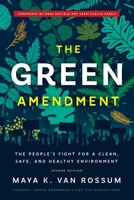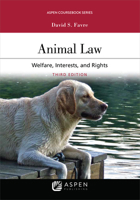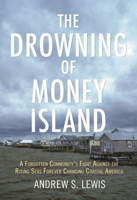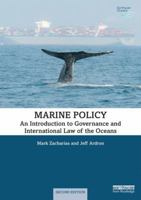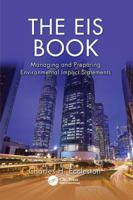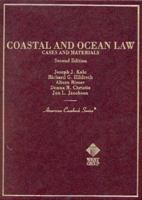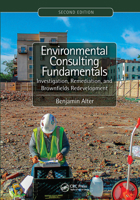Whose Common Future?: Reclaiming the Commons
Select Format
Select Condition 
You Might Also Enjoy
Book Overview
The authors show how environmental degradation goes hand-in-hand with the history of the enclosure of the local commons, a process which has fragmented and dispossessed communities from medieval Britain to present-day Brazil and New York. The policies put forward at the Earth Summit in Rio, they argue, will simply continue the process with new and more intrusive forms of enclosure. The only way to understand the process is to see it in terms of power - where that lies, how it is exercised, by whom and for whose benefit. Far better, the book makes clear, for environmentalists to support local movements attempting to defend the commons against the encroachments of multinationals, international agencies and national governments. Local communities do not need outside management, but control over their own land, forests, water and air. This description may be from another edition of this product.
Format:Hardcover
Language:English
ISBN:086571276X
ISBN13:9780865712768
Release Date:May 1993
Publisher:New Society Pub
Weight:0.65 lbs.
Dimensions:8.8" x 1.0" x 5.8"
Customer Reviews
1 customer rating | 1 review
Rated 4 starsRe-localize now!
By Thriftbooks.com User,
As global warming becomes a household word and something the mainstream is waking up to, Whose Common Future provides a remarkable and useful explanation of the world's accelerating environmental crisis. The authors trace the crisis to the usurpation of locally- managed resources such as streams, forests, street space and even radio wavelengths, by state governments and big business. The destruction of local communities to...
0Report















